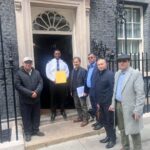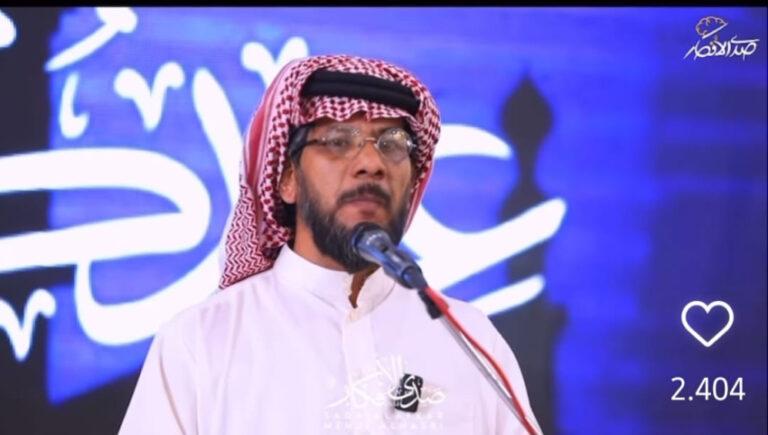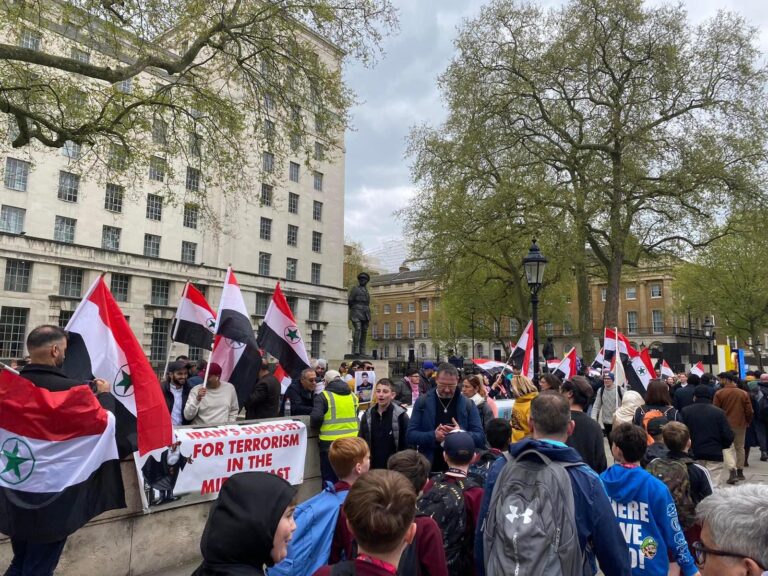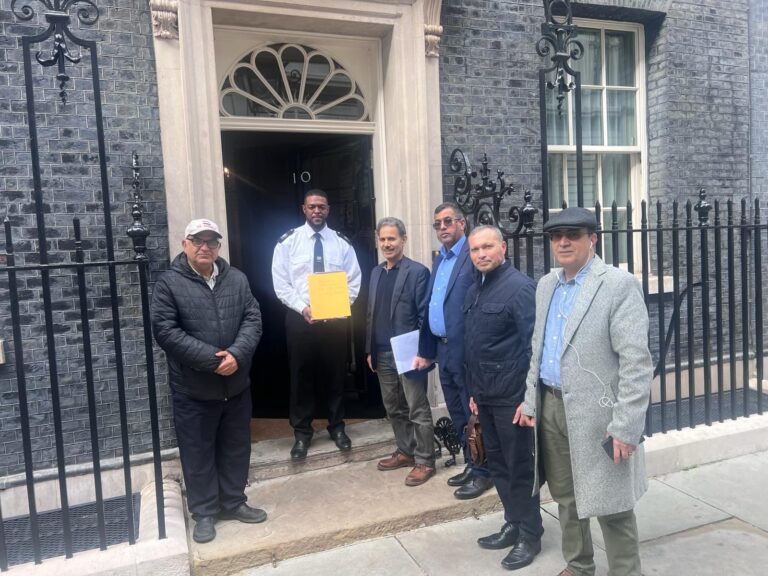 The dark days of Mashour (Mahshahr), occurring between 16-20 November 2019, are etched with the memory of the —a tragic event of mass killings of protesters in the city. Those days represent another bloody chapter in the Islamic Republic dictatorship, during which Arab citizens in Iran fell victim to mass killings, adding to their tragic history.
The dark days of Mashour (Mahshahr), occurring between 16-20 November 2019, are etched with the memory of the —a tragic event of mass killings of protesters in the city. Those days represent another bloody chapter in the Islamic Republic dictatorship, during which Arab citizens in Iran fell victim to mass killings, adding to their tragic history.In November 2019, Iran witnessed extensive protests triggered by the government’s sudden announcement of a gasoline price hike. The demonstrations swiftly spread to over 100 cities nationwide, evolving into a broader movement opposing Supreme Leader Ali Khamenei and the Islamic Republic as a whole.
In response, the government promptly restricted information flow by implementing a complete internet shutdown on November 16. During the mid-November demonstrations in Mashour, security forces resorted to gunfire in an attempt to suppress protesters, while further attempts were made to quell demonstrations in the suburbs of Sarbandar and Jarahi from November 16 to 18.
The New York Times reported that in Shahrak Chamran, a suburb of Mashour, Iran’s Islamic Revolutionary Guard Corps (IRGC) forces engaged in indiscriminate shooting, resulting in multiple fatalities among the protesters. Subsequently, a group of demonstrators sought refuge in a nearby marsh, only to be surrounded by IRGC forces who utilised machine guns, tragically leading to the death of 100 protesters. The IRGC forces then evacuated the deceased using a vehicle before departing the area.

On 19 November, a second fatal incident occurred in the Shahrak Taleghani district of Mashour, during which the IRGC deployed tanks and engaged in an extensive gun battle with native Arab citizens. As reported by The New York Times, a nurse attested to having treated individuals wounded in the confrontation, most of whom had sustained gunshot wounds to the head and chest. Disturbingly, some of the injured protestors were apprehended while receiving medical care at the hospital.
Initial reports from Mashour indicated that the security forces had allegedly killed more than 130 protesters during the three-day period of unrest. Later, on December 17, an unnamed official from the province of Arabistan (Khuzestan) informed the news website IranWire that a total of 148 protesters had lost their lives during the five days of protests in Mashour.
What is certain is that the 2019 protests experienced a brutal crackdown by Iranian security forces, leading to the confirmed deaths of more than 320 citizens, including many children, as reported by human rights groups. The Reuters news agency estimated that the true number of fatalities was around 1,500, making it an even more devastating and tragic event.
In the aftermath of the event, Abbas Dris and his brother, Mohsen, were arrested in Mashour on serious charges, including “waging war against God” and “disrupting public order and peace,” as well as alleged involvement in the death of Reza Sayyadi, a member of the special police forces (NOPO).

On 4 July, 2023, Fereshteh Tabanian, the lawyer of Abbas Dris, confirmed that despite her efforts to challenge the verdict, the Mashour Revolutionary Court sentenced Abbas Dris to death, a decision later upheld by the Supreme Court. The court’s decision to issue a death sentence against Dris was primarily based on coerced confessions extracted from him during interrogation by the Ministry of Intelligence.
Throughout the ordeal, Dris consistently refuted the authenticity of these confessions, emphasizing that they were obtained under duress and torture. Undeterred by the looming threat of execution, he courageously proclaimed his innocence and expressed unwavering certainty in his belief that justice would prevail.
The story takes a more poignant turn as the three sons of Abbas Dris fervently plead for clemency and compassion in an effort to spare their father’s life. In a heartrending video disseminated on social media, one of the boys says, “His (Dris’) sentencing has already led to the loss of our mother, who tragically succumbed to a fatal stroke (after hearing her husband was sentenced to death.” With profound desperation, the child adds, “Our father is now our sole remaining support.”
The situation raises the following questions about the behaviour of the Iranian regime: What is the reason behind the Iranian judiciary’s insistence on executing Abbas Dris, despite clear evidence of his innocence? Could this be related to concerns about crucial information that Dris might possess as a live witness of the Mashour massacre, prompting the regime to seek its concealment through his death?
Throughout its history, the Iranian judiciary has been repeatedly involved in the elimination of witnesses to massacres. Moreover, how many more innocent Arab citizens must tragically lose their lives before our collective voice resonates and gains acknowledgment from the global community?
Mayasa
01.08.202









